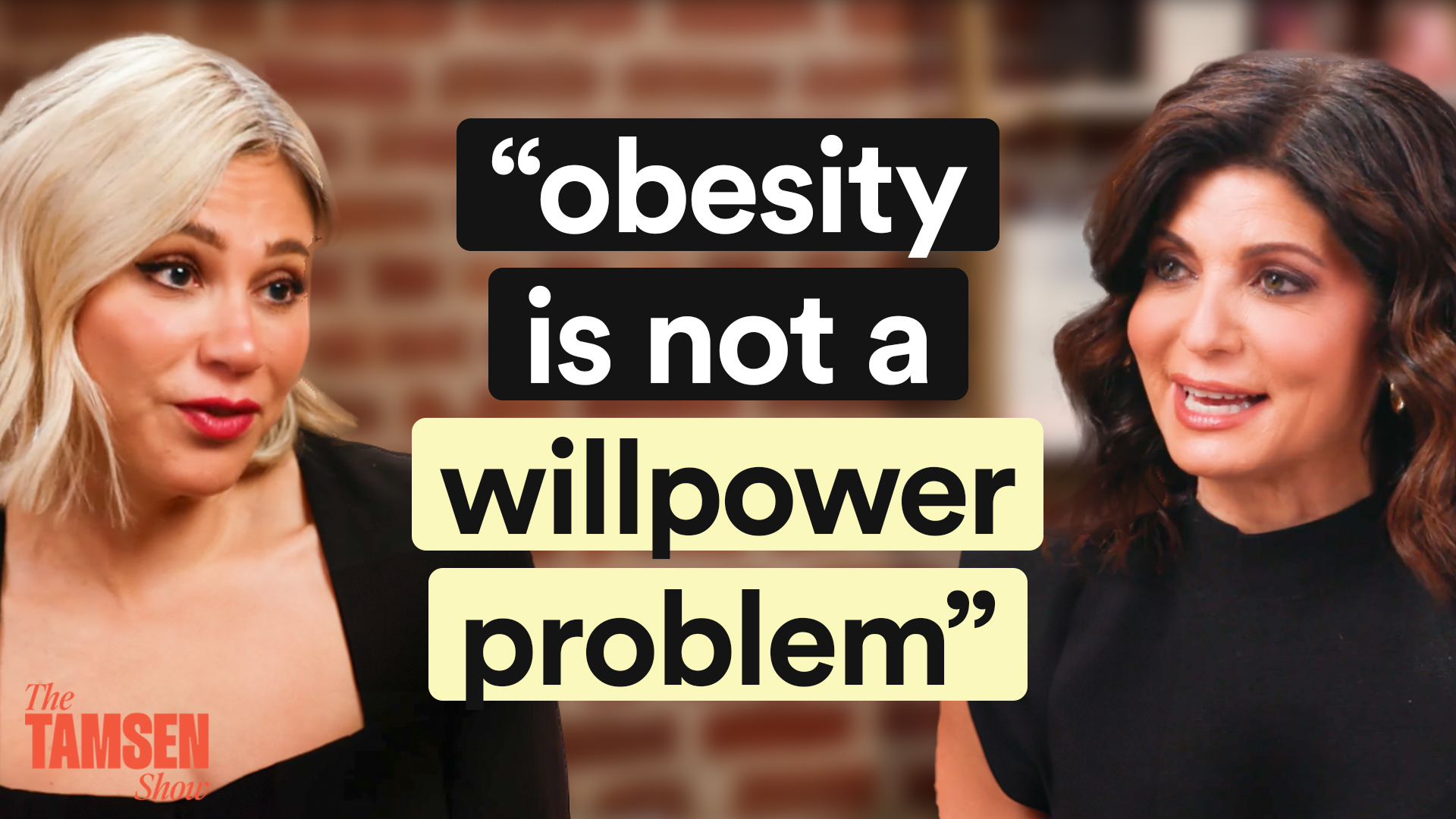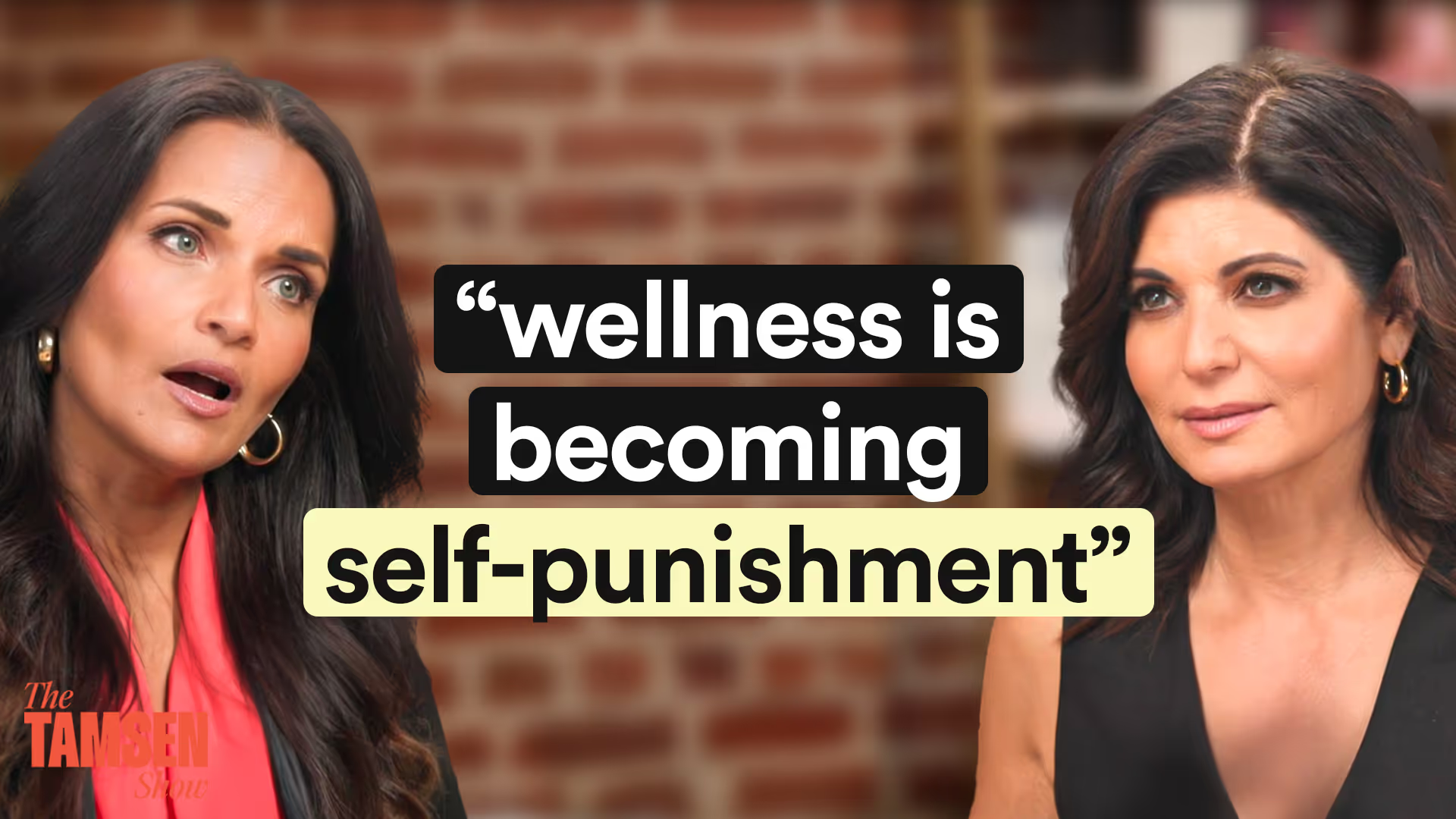Why can’t I get out of bed in the morning?
Why do I feel moody and irritable?
Why am I struggling to summon the energy to get regular tasks done?
Am I depressed? Or anxious?
It might not be depression or anxiety—you might be going through perimenopause!
When I was in my late 40s, I had no idea I was in perimenopause. I assumed I was depressed.
I was moody and irritable. I don't know how often I said, “I don’t feel like myself.”
Naturally, I was prescribed antidepressants. But they didn’t help with my lack of sleep, hot flashes, or brain fog.
(And they caused me to gain even MORE belly fat.)
Not fun.
The wild thing was it didn't even occur to my doctor that I was going through perimenopause! This reaction is widespread—you have to advocate for yourself. That's why we're here today!
The link between depression and menopause is real.
A new study by the Journal of Affective Disorders found that women in perimenopause are 40% more likely to experience depressive symptoms than premenopausal women.
So, how do you know if your symptoms are clinical depression or perimenopause?
I sat down to talk with Dr. Judith Joseph, a board-certified psychiatrist, to discuss the connection between menopause and mental health.
If you'd rather watch the video, check it out here:
Dr. Judith explains the 3 P’s of how you can tell what’s causing these not-so-fun mental health changes.
3 P’s
1. Physical changes
While there is some crossover between depression and menopause ––lack of sleep, fatigue, and mood changes ––there are many other symptoms that come with menopause that can’t be explained with a clinical depression diagnosis.
For instance, if you’re experiencing hot flashes, dry skin, or sweating like crazy, along with depressive symptoms, you are probably going through hormonal changes due to perimenopause or menopause.
2. Past history
If you’ve never been depressed before or it doesn’t run in your family, there’s a chance it could be menopause-related. It’s unlikely you would experience your first depressive episode in midlife without this history.
Although it could theoretically happen, it’s far more likely you’re experiencing perimenopause.
3. Period changes
If you are experiencing depression or anxiety symptoms and your menstrual cycle has been changing, it’s probably not just a mental health issue.
If you don’t track your period, you should start so you can monitor any changes in your cycle. If you notice anything unusual, it might be perimenopause.
Combine the three — physical changes that don’t match up with depression, a lack of history of depression, and changes in your menstrual cycle — and you’re likely experiencing perimenopause.
And while it's essential to find the right doctor, it’s helpful to know that most don’t receive adequate training on menopause. But if you know the right questions to ask and find a doctor who can spend time with you, you can find the proper care.
That’s why you need to know the ties between mental health and menopause. Dr. Judith breaks it down in her acronym: TIES (fitting, right?).
TIES
Thinking
You might notice cognitive changes like forgetting what you’re saying mid-sentence, trouble finding the right words, or missing items. Organizational Skills Therapy is a great way to learn how to use specific tools for time management, planning, and staying on task.
Identity
Because our identity is so closely tied to our functioning, it’s easy to feel like we don’t know who we are anymore as we go through perimenopause. Just remember that this is all temporary. Cognitive therapy can be used to challenge and push back on automatic negative thoughts and emotions.
Emotions
Anxiety or depressive symptoms can crop up due to hormone fluctuations. This is where dialectical behavioral therapy (a kind of talk therapy) can help you self-regulate and calm your nervous system.
Sleep
When estrogen levels dip, sleep gets disrupted. To get back on track, you can try cognitive behavioral therapy for insomnia. In some studies, just eight weeks of this therapy can be just as (or even more) effective than taking an Ambien.
One of the best things you can do during perimenopause is advocate for yourself. Take this information to your doctor, share the specific symptoms you’re experiencing, and find solutions that work for you.
Now I want to hear from you!
If you’ve experienced mental health issues like depression or anxiety during perimenopause, I’d love to know what you found to be the most helpful.
Please share in the comments!
I’m here for you,
Tamsen






.jpg)
.jpg)







